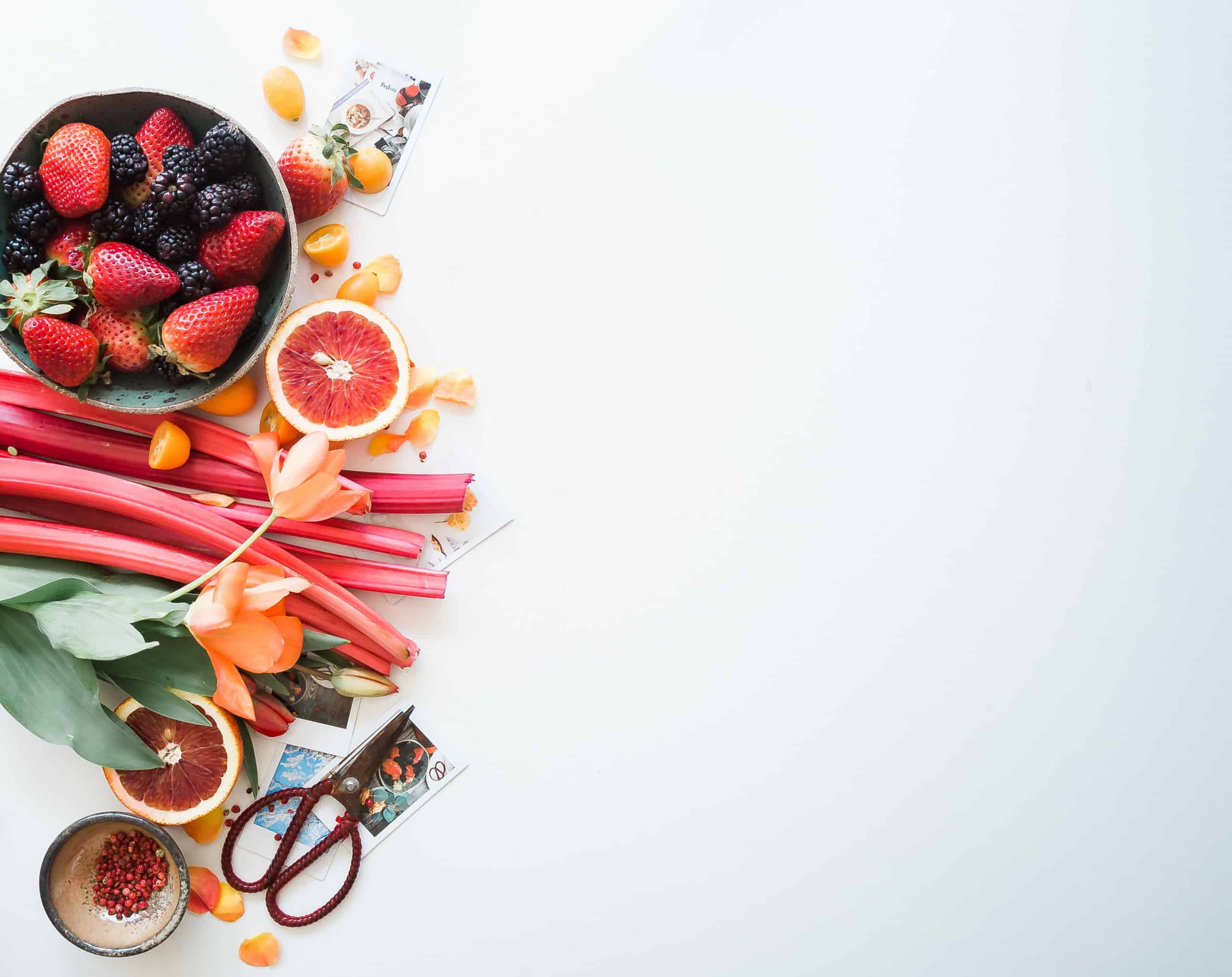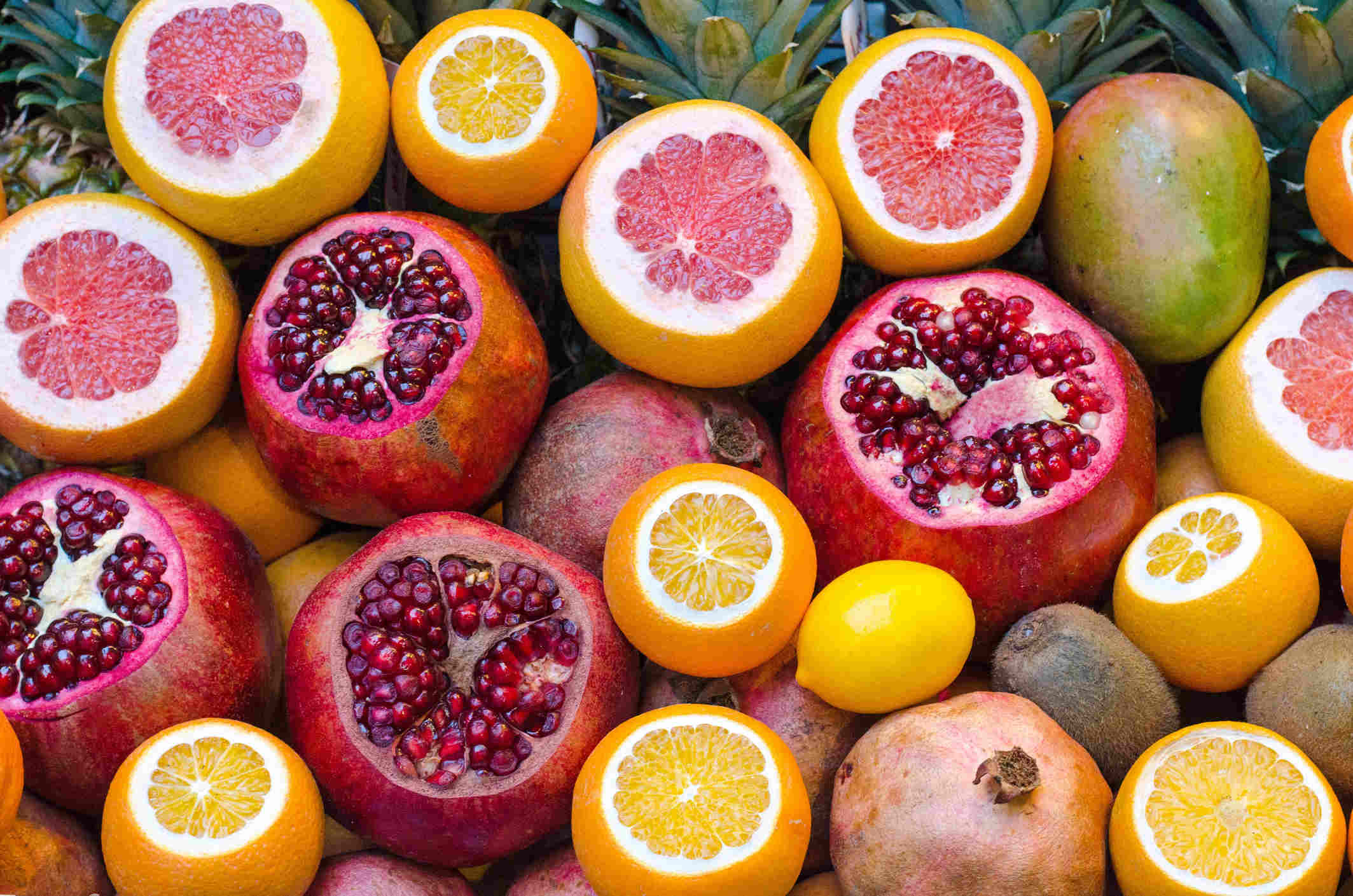How chefs can champion food sustainability and biodiversity

What’s on your plate today? From the exploding popularity of plant-based diets to the rapid rise of sustainable food brands, the positive impact of what we eat has never been more in focus. But with a global population set to hit 8.5 billion by 2030, shifting the entire food system towards food sustainability needs everyone to play a part – including the professional chefs who set the trends for what ends up on our plates.
Urgently changing our eating habits is critical to curbing the climate crisis. Around 1/3 of global emissions and 60% of biodiversity loss is connected to our food production and consumption practises. This leaves a huge opportunity to boost biodiversity – a wide variety of plant and animal life – through food production. We currently only eat between 150-200 of the world’s 30,000 edible plant species, with 60% of global calories eaten coming from just four crops, rice, maize, wheat and potato.
Not only will a wider range of sustainable crops improve soil health, build climate resilience and help smaller businesses and farmers thrive, eating more diverse food is better for our health too. Global Nutritionist for Unilever Food Solutions, Ria van der Maas, says: “A more diverse palette of plant-based ingredients makes cooking more exciting, food more nutritious and agricultural practices more sustainable. And chefs can really do what they love: create new and exciting dishes.” It’s clear we need to change things up.
Spearheading biodiversity in the restaurant industry is Chefs’ Manifesto, an initiative that is contributing to the UN’s Sustainable Development Goal number 2 (SDG 2): zero hunger. Along with Food Forever, Chefs’ Manifesto launched the 2020FOR2020 campaign earlier this year to inspire more than 2,020 chefs to champion biodiversity protection by 2020 – the target year for achieving SDG 2 – by committing to practical actions such as using lesser-known ingredients in recipes. The campaign’s progress is being showcased online to inspire more chefs and encourage better eating habits, which will in turn diversify our planet’s crops.
As well as biodiversity, Chefs’ Manifesto is based on contributions from chefs around the world and includes 8 sustainable food practises that align with the SDGs:

This isn’t the first time the restaurant industry has collaborated to drive food sustainability. The UK non-profit group Sustainable Restaurant Association has been supporting food-service businesses to become better for people and planet since 2009, and rewards chefs through its Sustainable Restaurant Award. This year’s winning restaurant is Schloss Schauenstein in Switzerland, ranked by audit partner Food Made Good Global for its impressive environmental and social responsibility. Led by head chef Andreas Caminada, the restaurant uses 100% renewable energy and sources much of its produce from its own grounds as well as local organic farmers and co-operatives.
Non-profit Chefs for Change is also spurring the sustainable food movement. Founded by some of the world’s best chefs, Joan Roca, Gaggan Anand, Eneko Atxa and NGOs Farm Africa and TechnoServe, it aims to transform remote communities through sustainable farming.
Chefs Manifesto and bold initiatives like it show how sector leaders can unite to create real change through simple actions and powerful communications. Their clear action plans are designed in a way that can be replicated and scaled up across and beyond their industry. How about an Artists, Directors, Drivers, Pilots, Entrepreneurs or Educators Manifesto? When we join forces with our peers – and even more excitingly – our competitors, our impact has the opportunity to scale off the charts.

But while the world’s best chefs continue to bake sustainability deep into the food industry, we must also continue to consume more consciously ourselves. In the Western world, we’re privileged to eat three times a day. This gives us three opportunities each day to make a food choice for a better planet. Whether choosing less meat, lower air miles or a wider range of ingredients on our plate, how will you make your next meal count?
At Greenhouse, we support a wide variety of organisations pioneering climate action. Whether it’s food, fashion, finance or farming, if you’ve got a great story and need our help to tell it, get in touch with the Greenhouse team on 0117 214 1250 or email info@greenhousepr.co.uk.
Citrus image credits: Vegan Liftz


